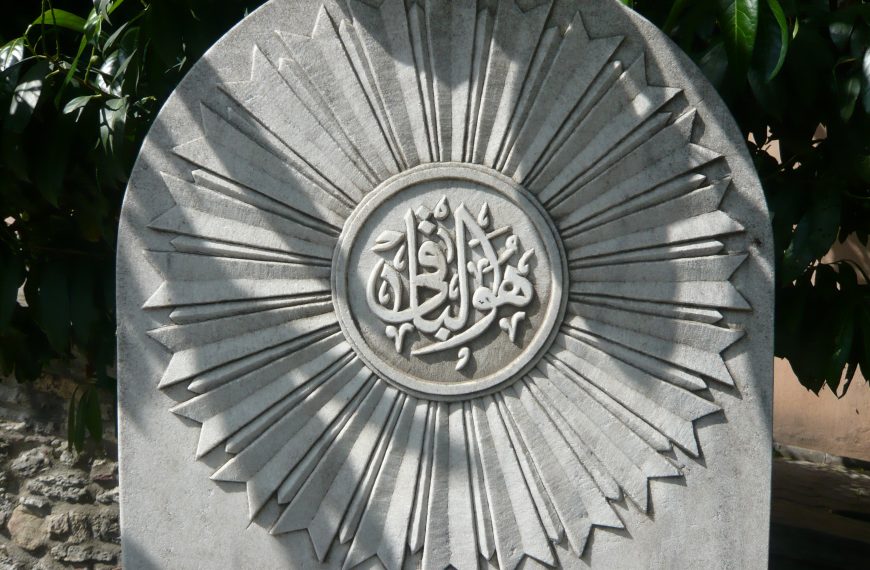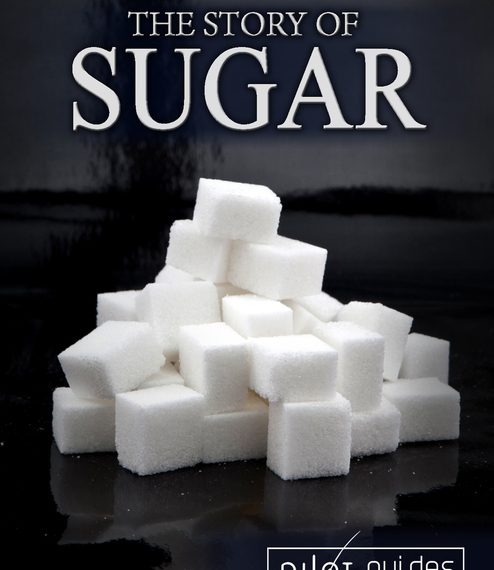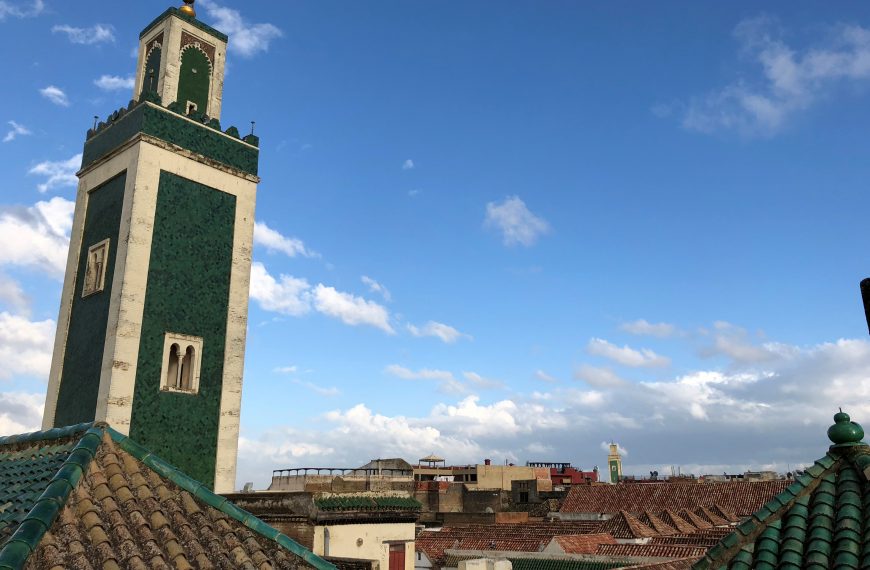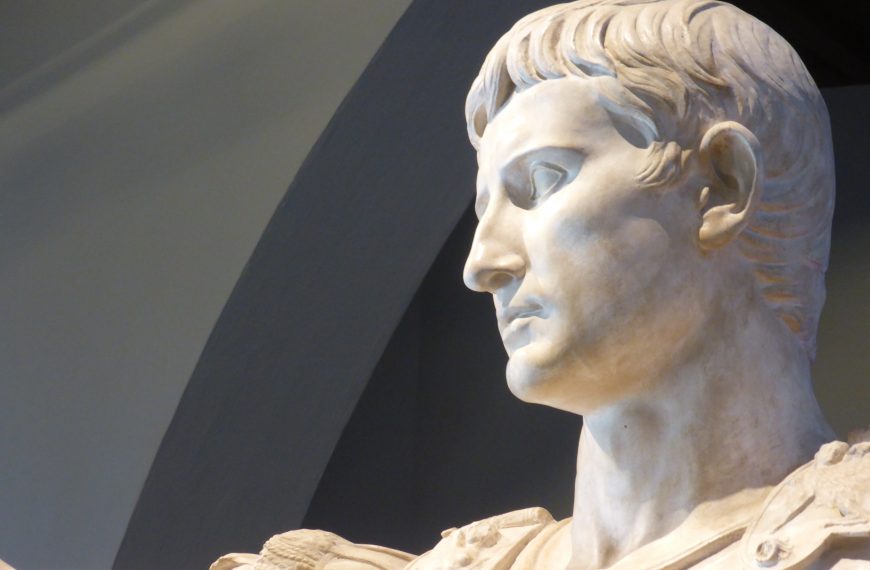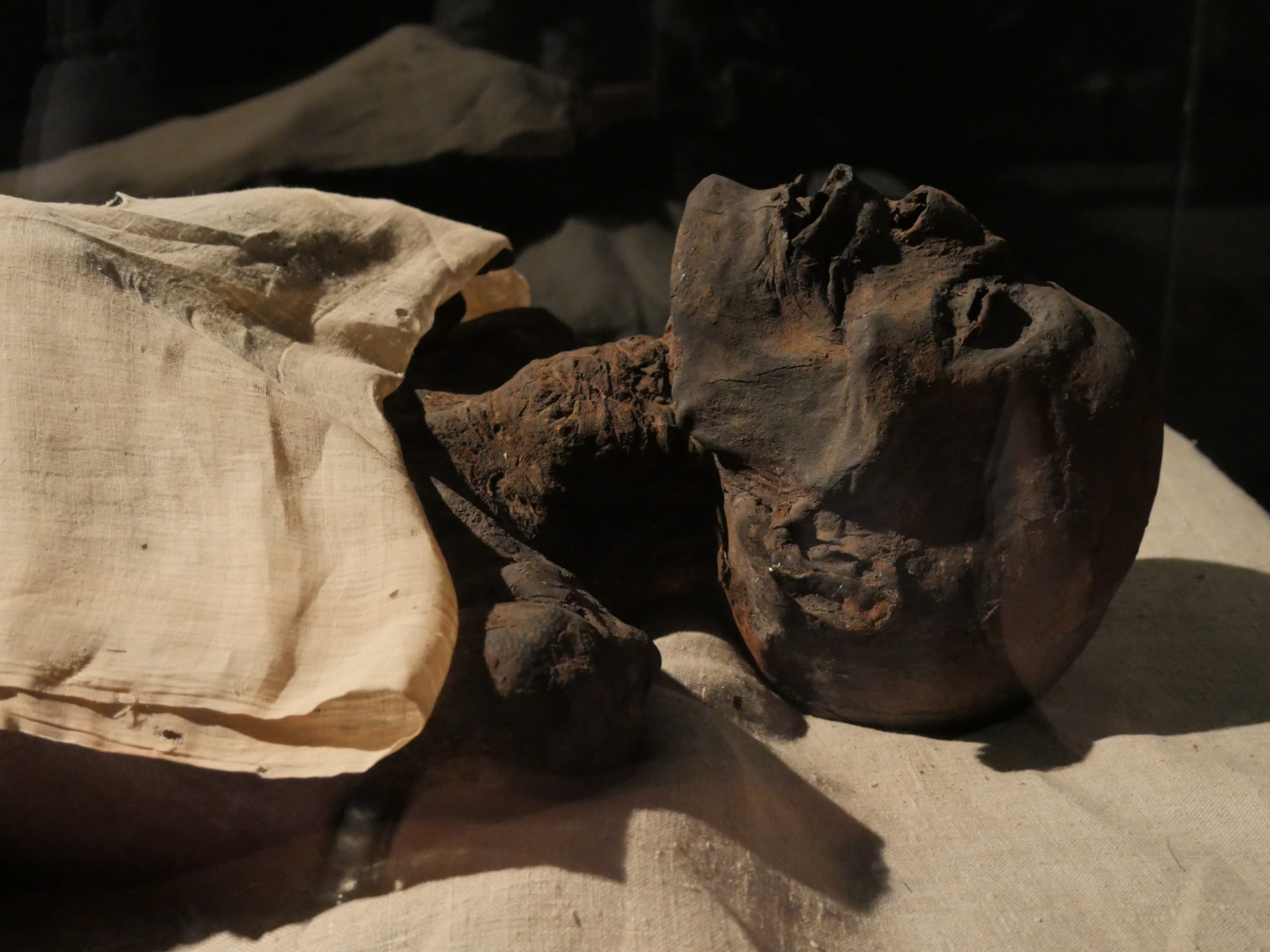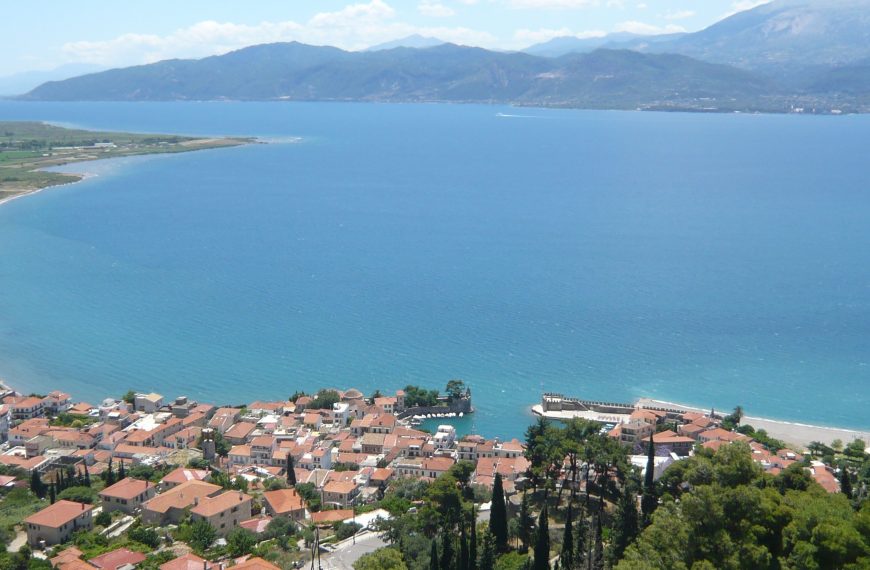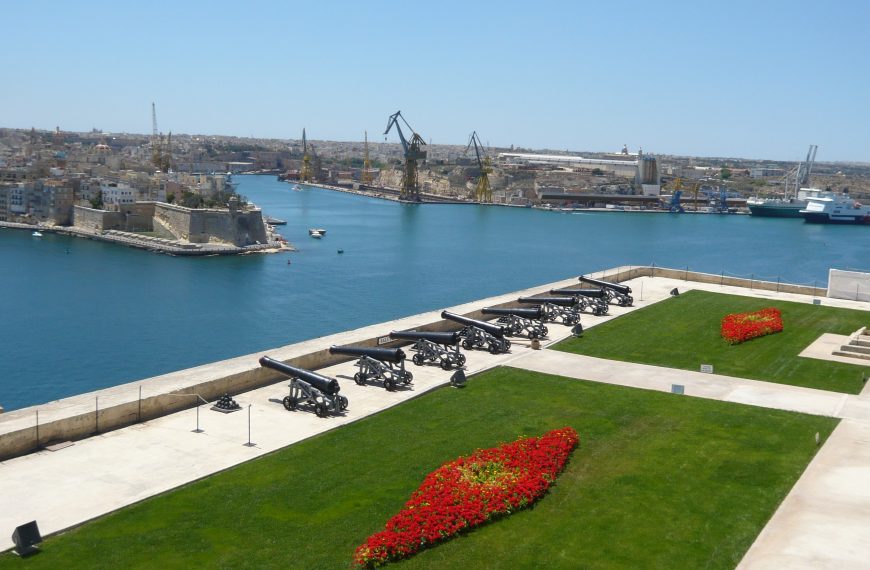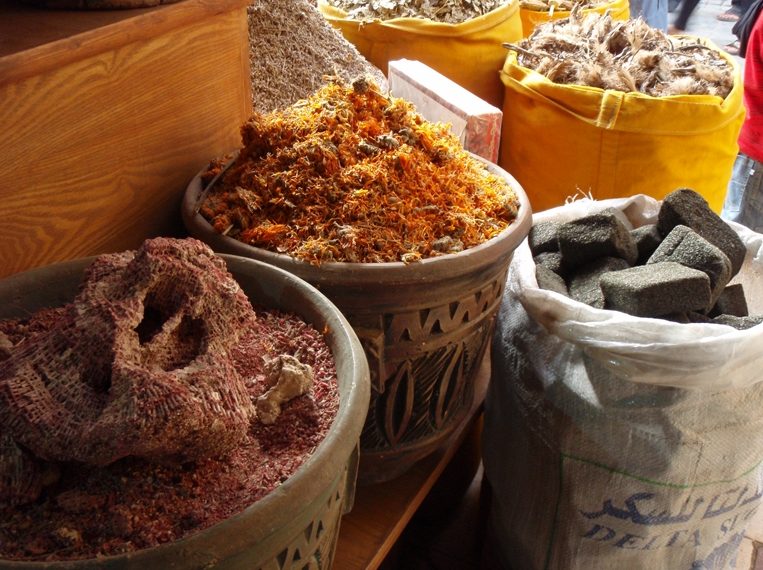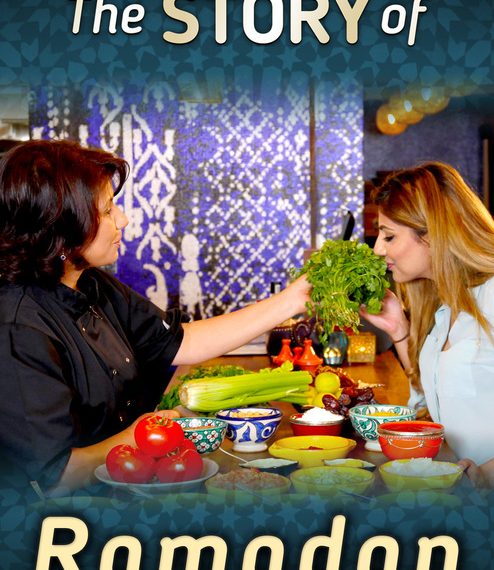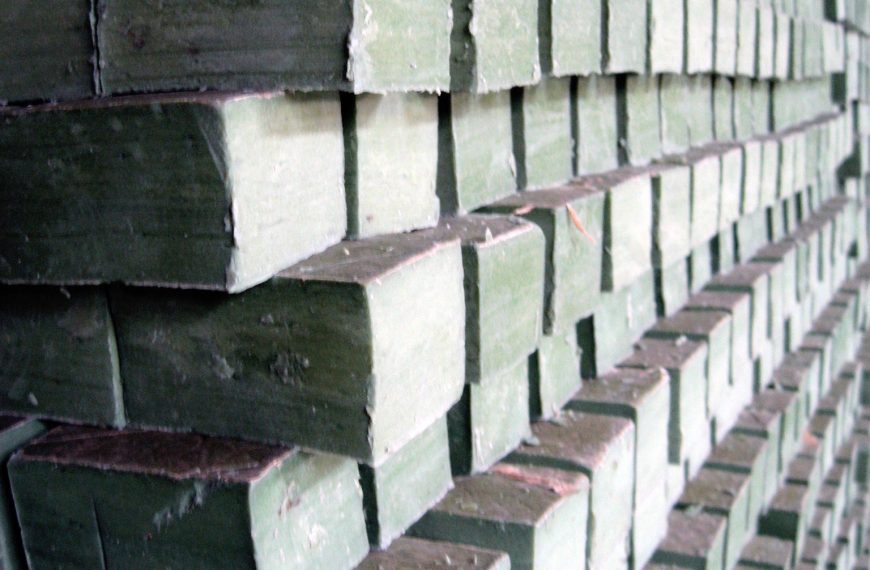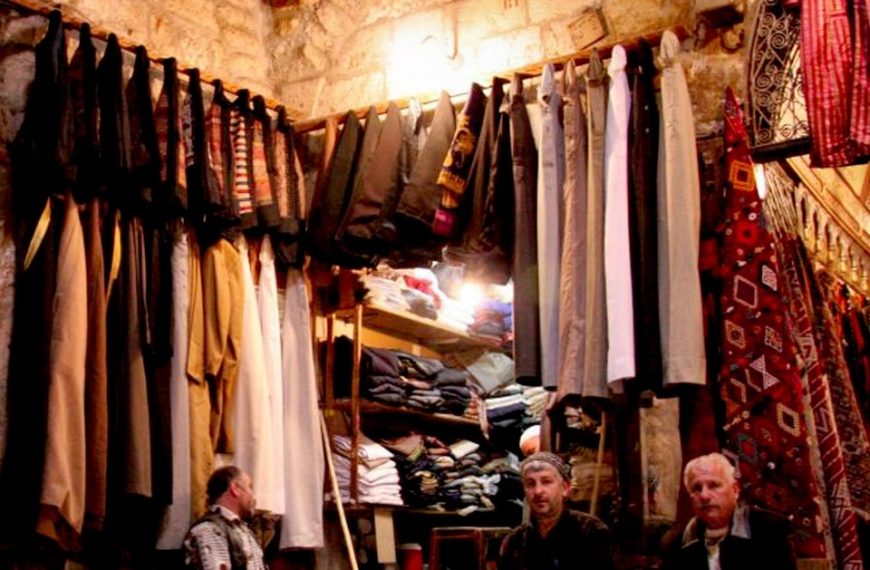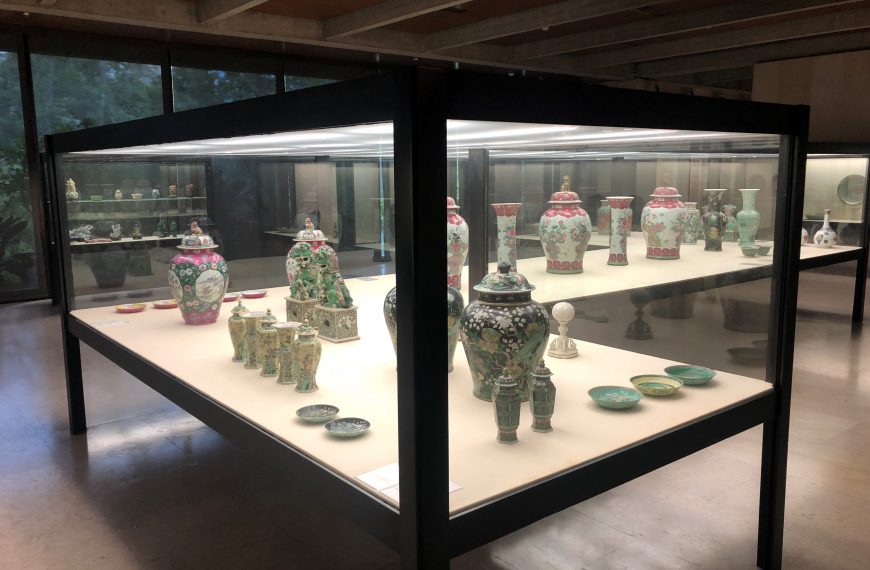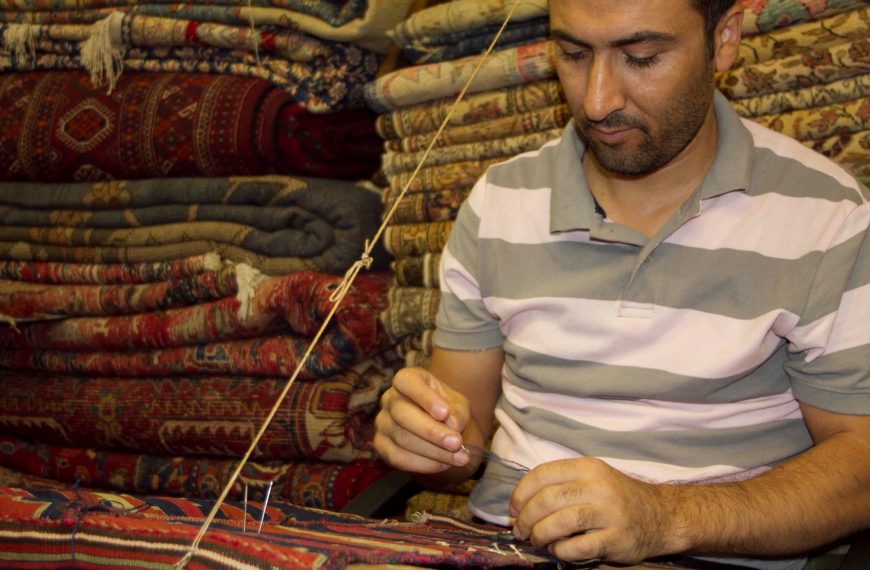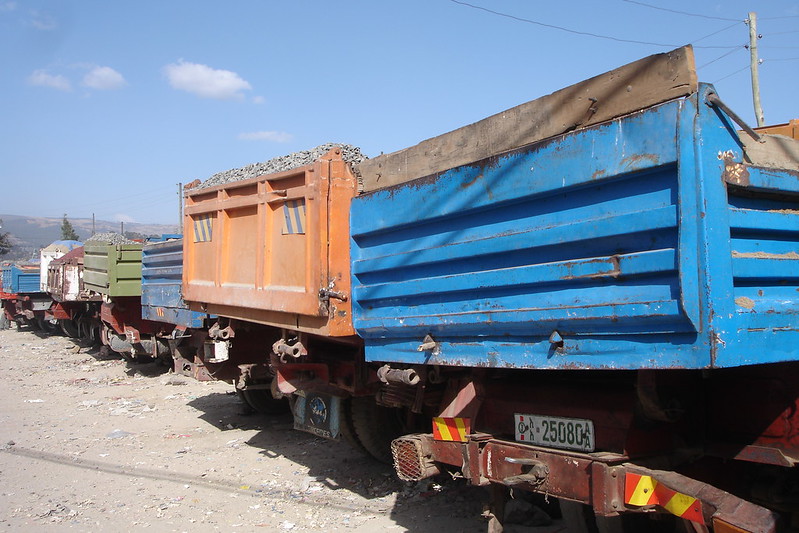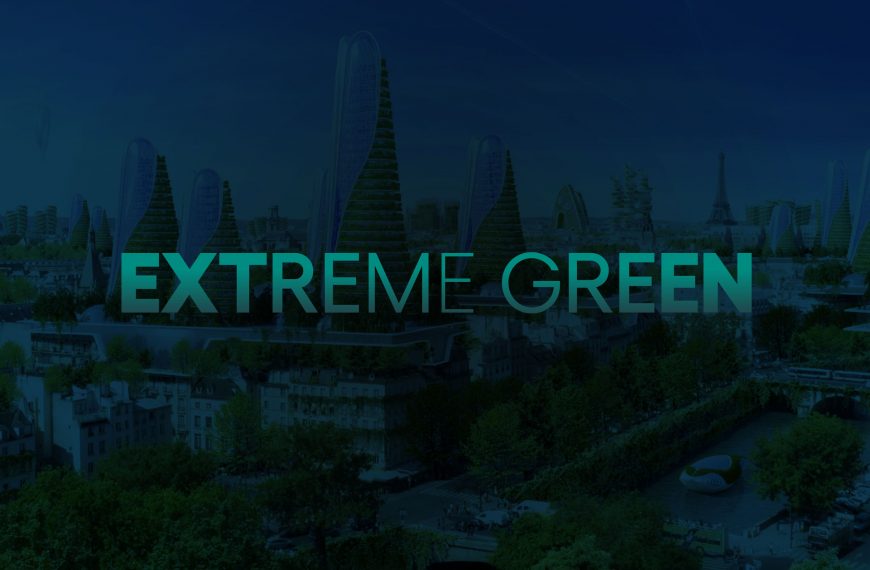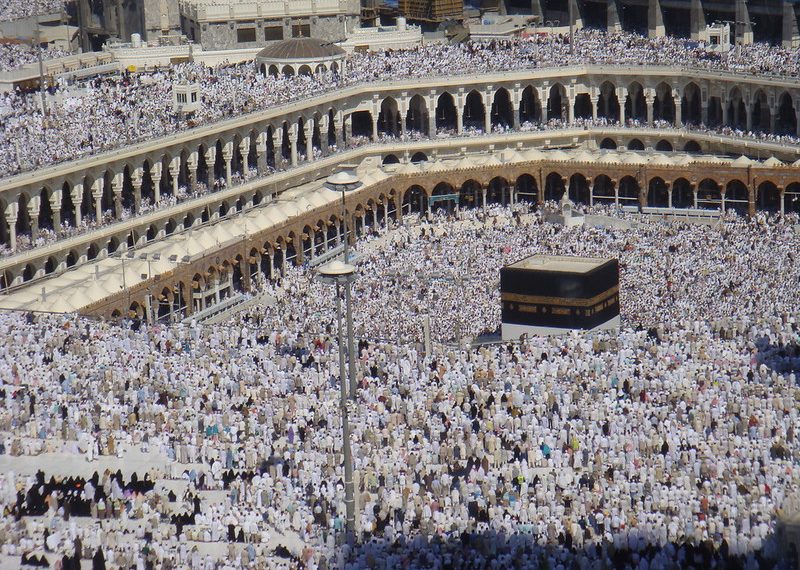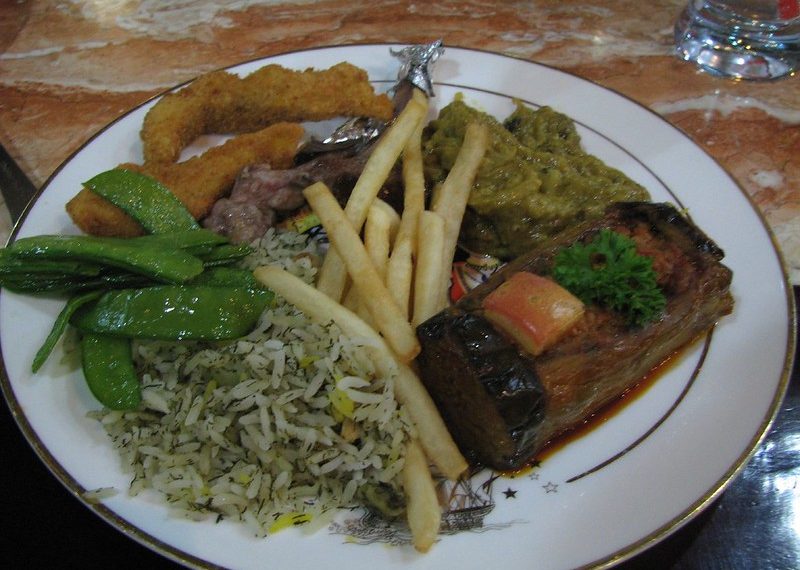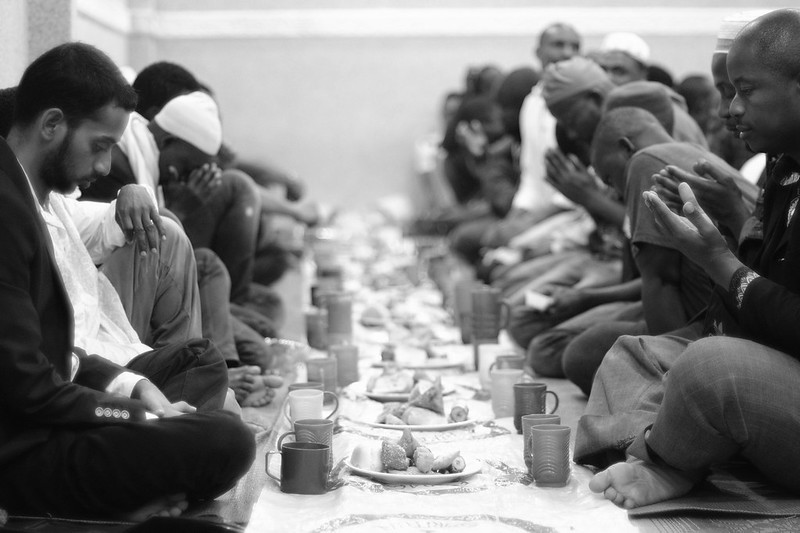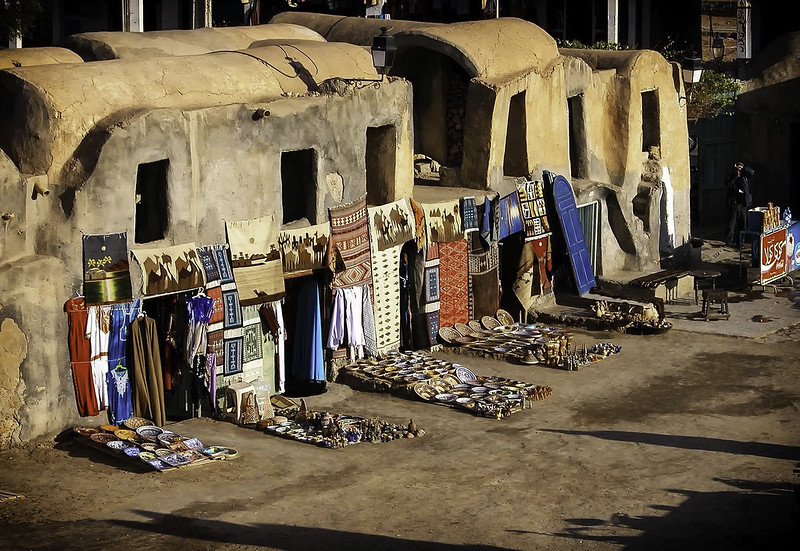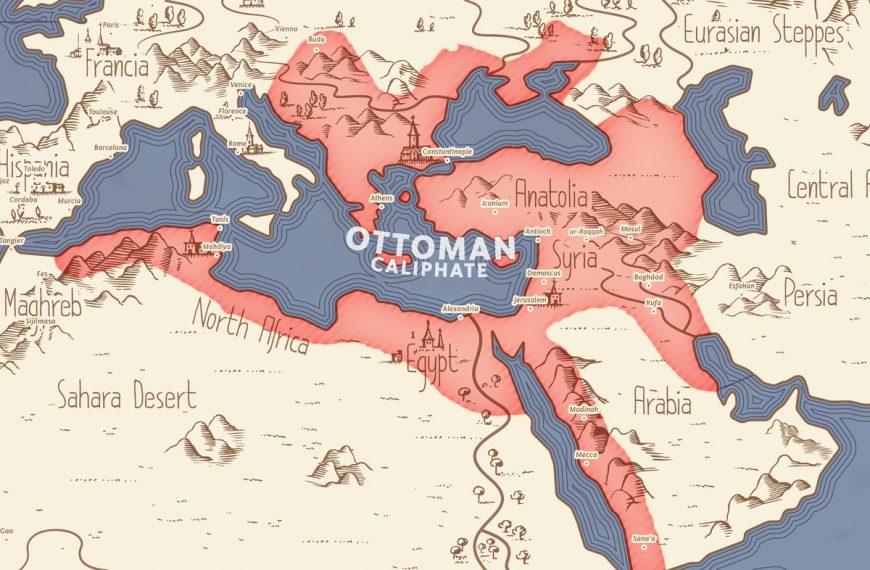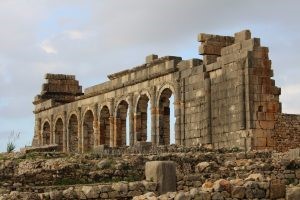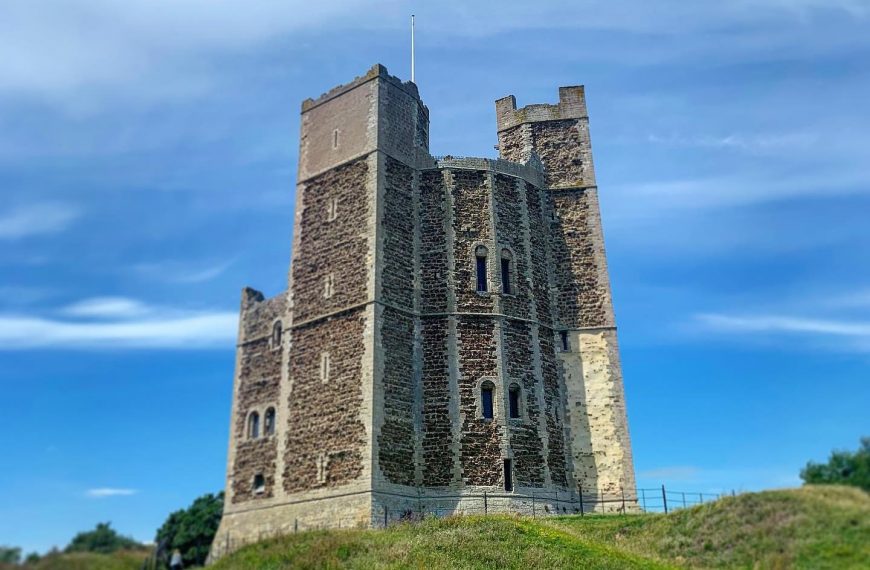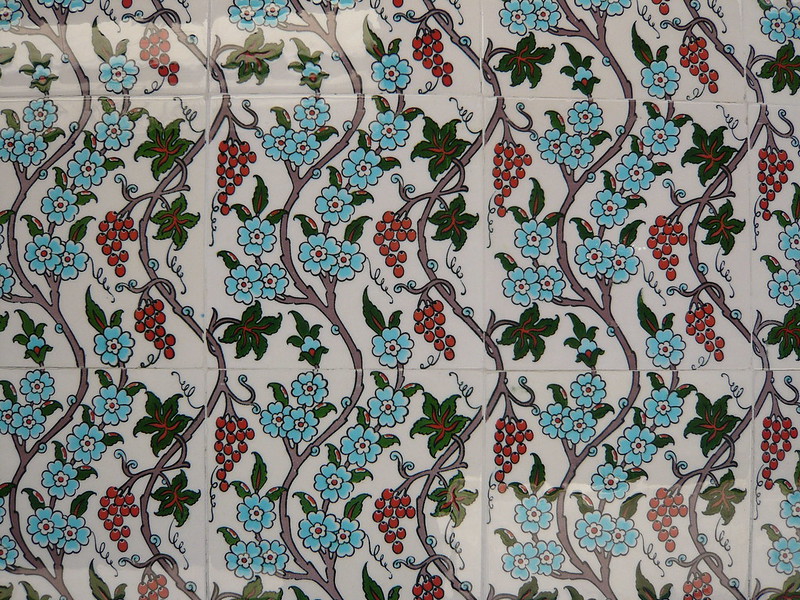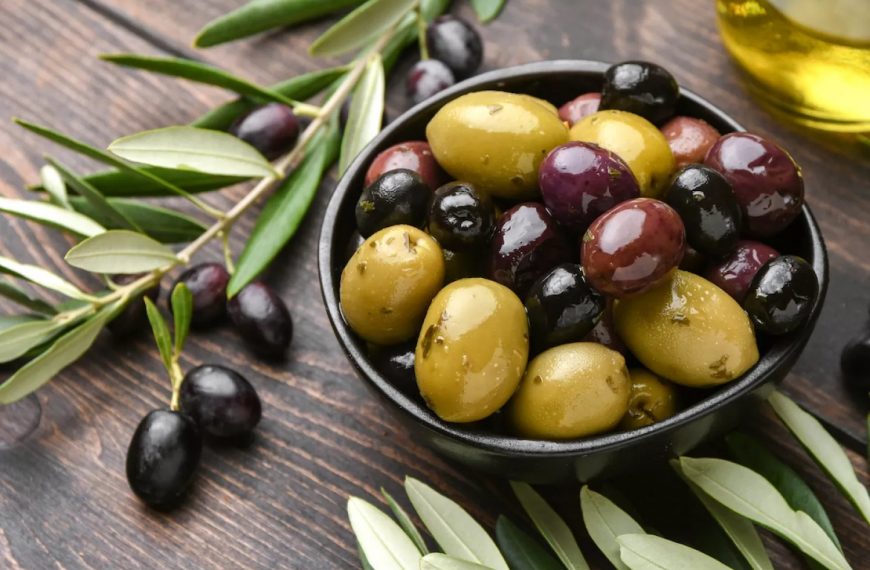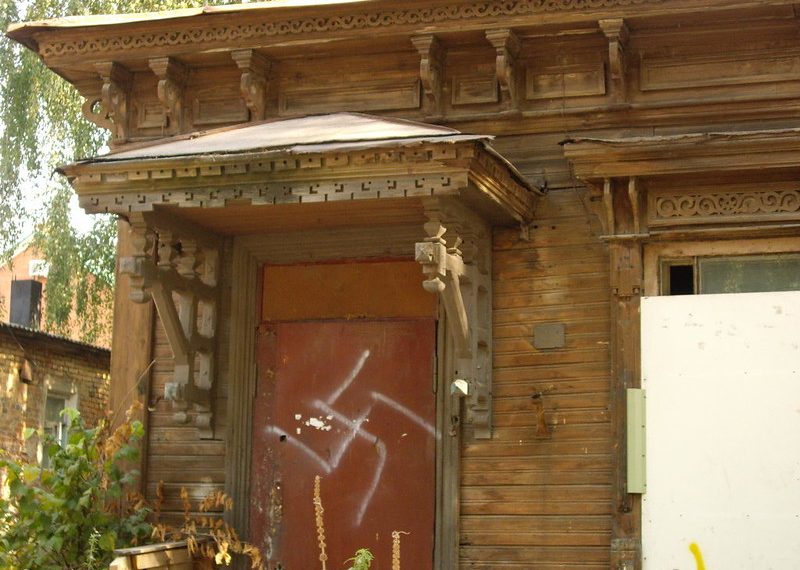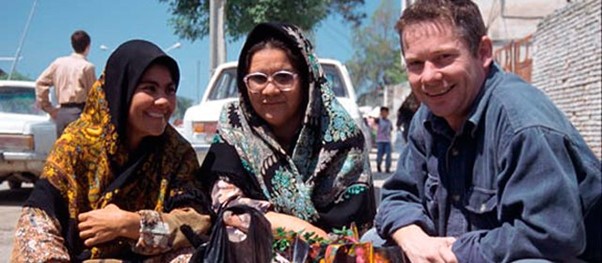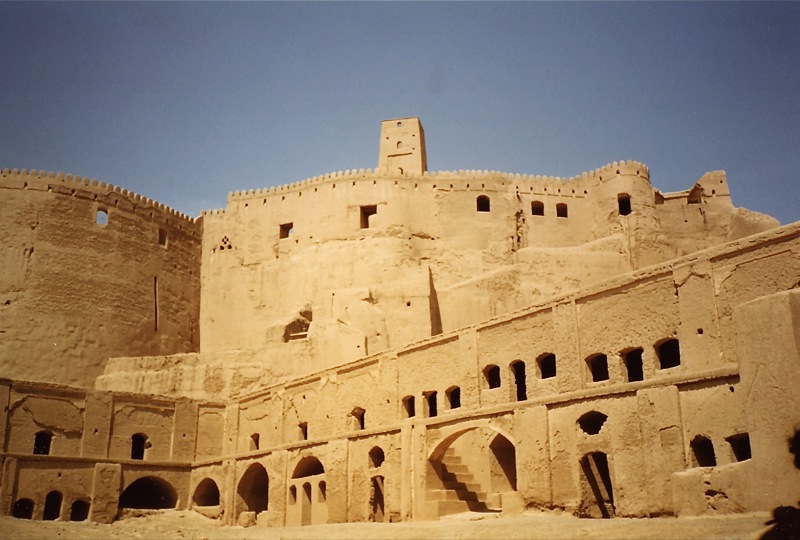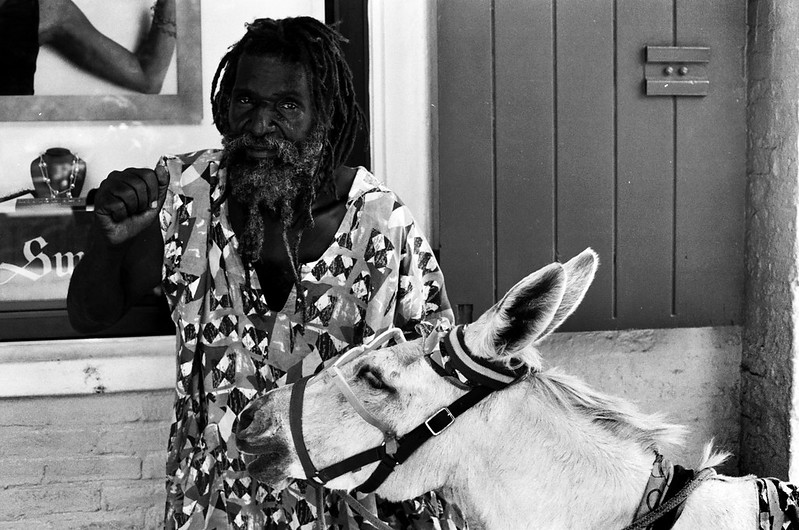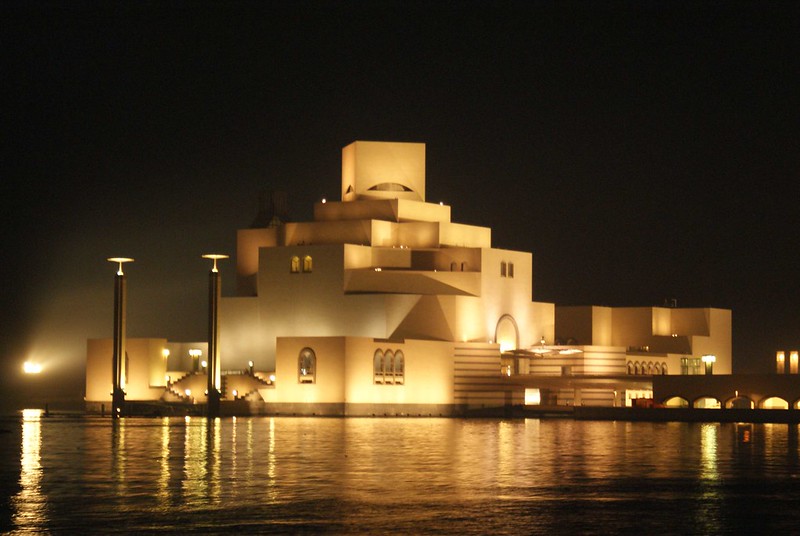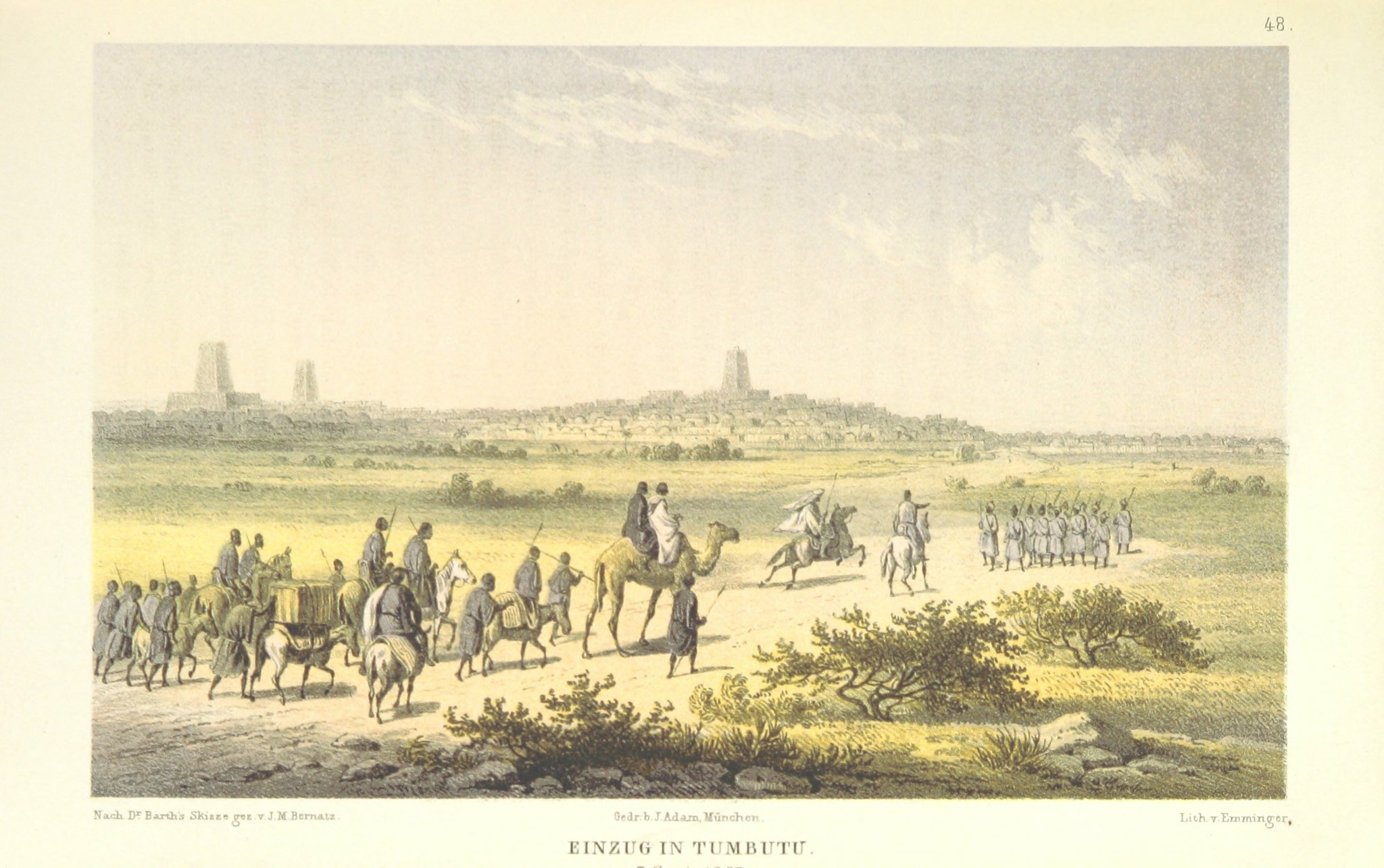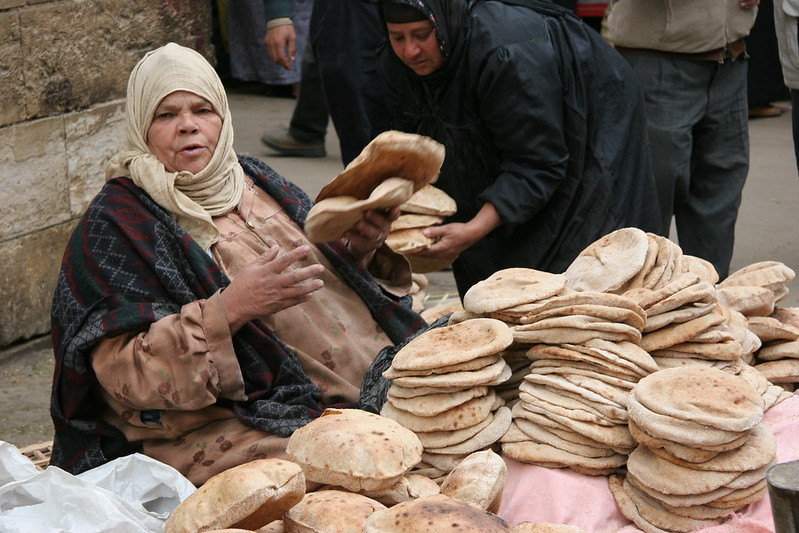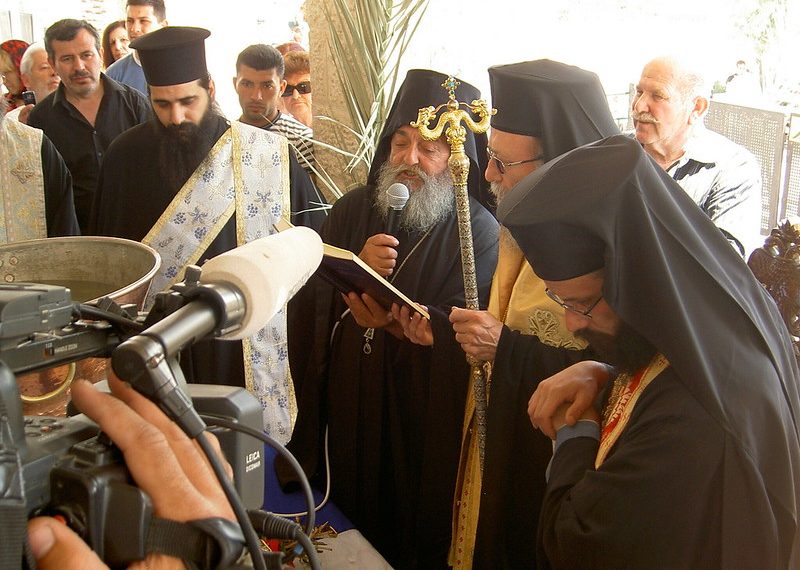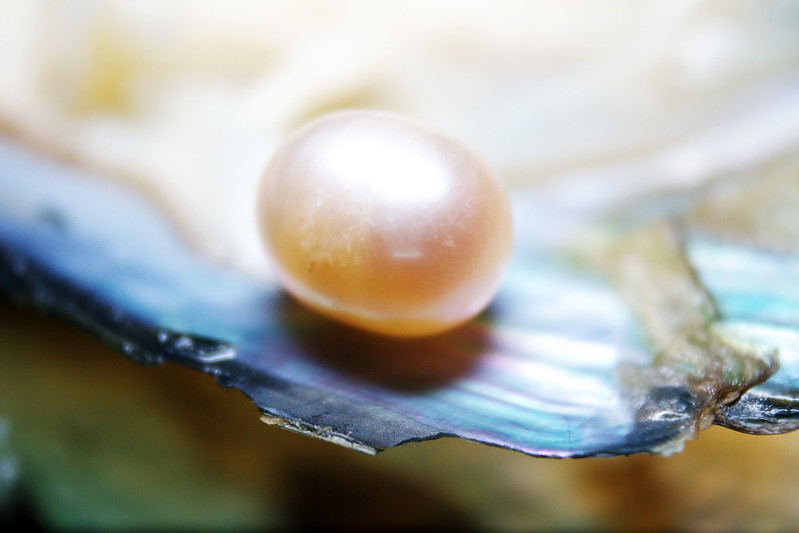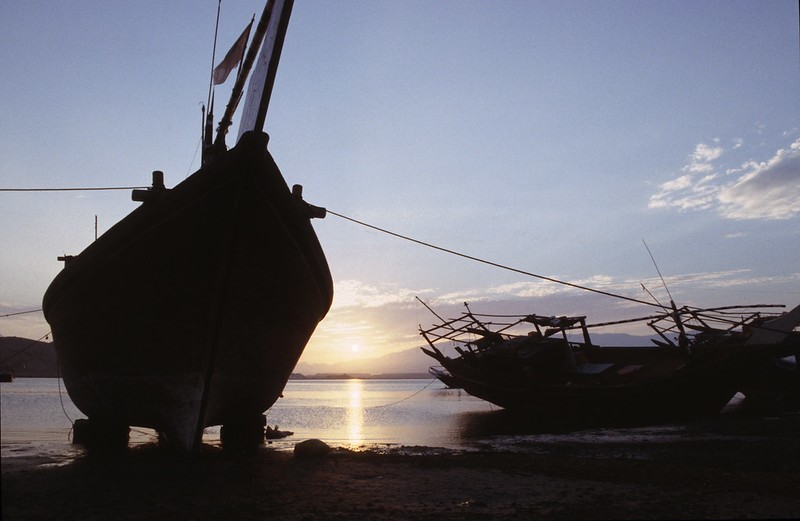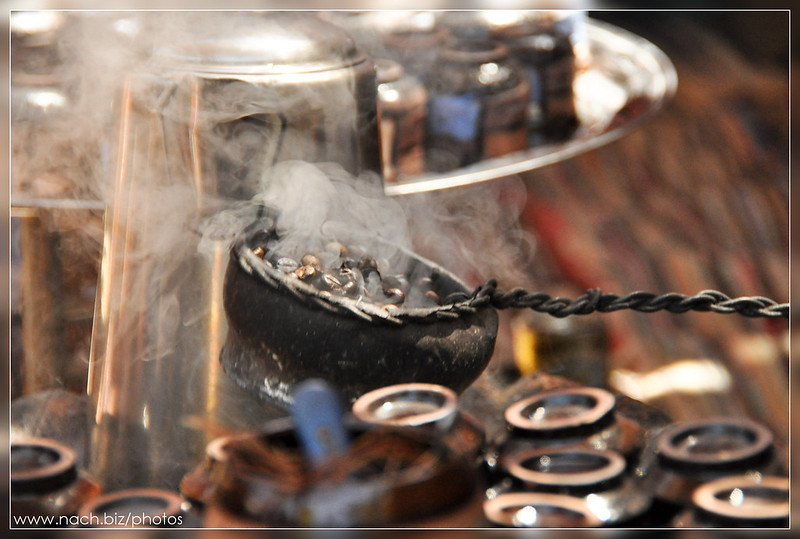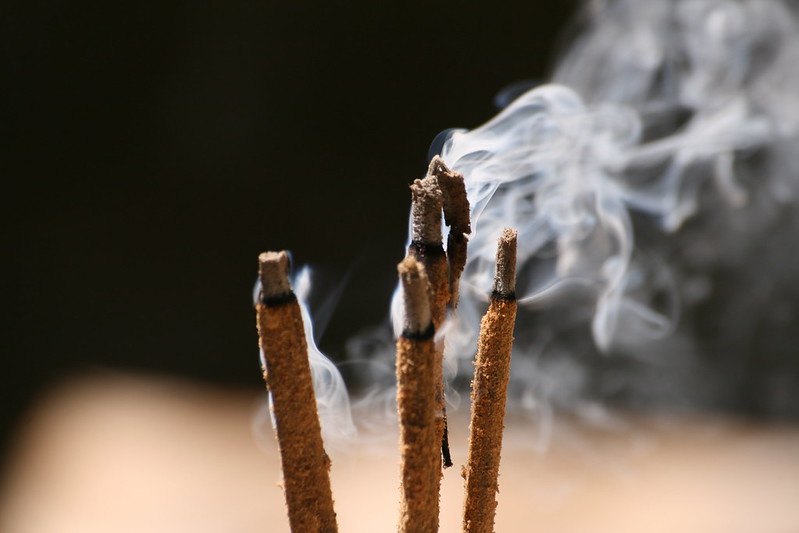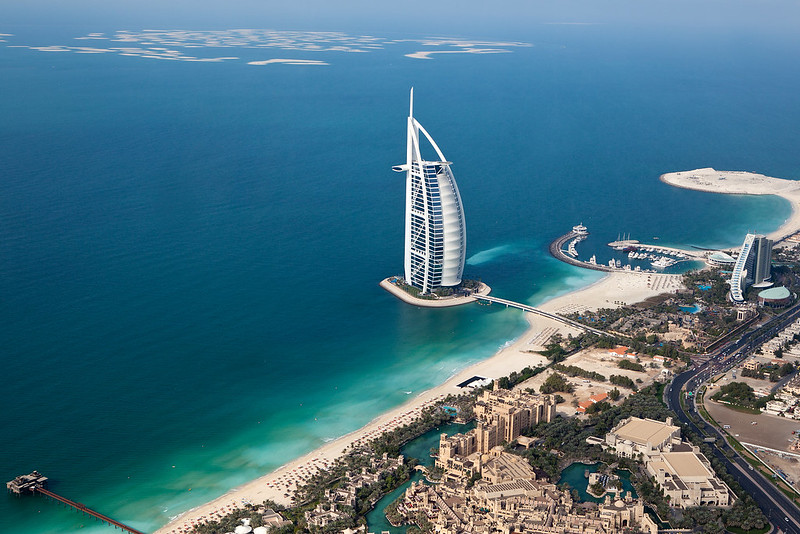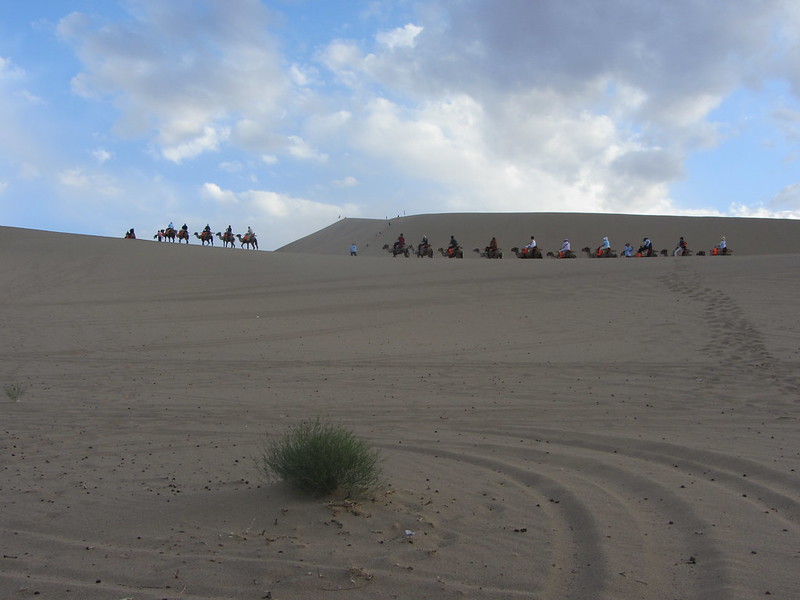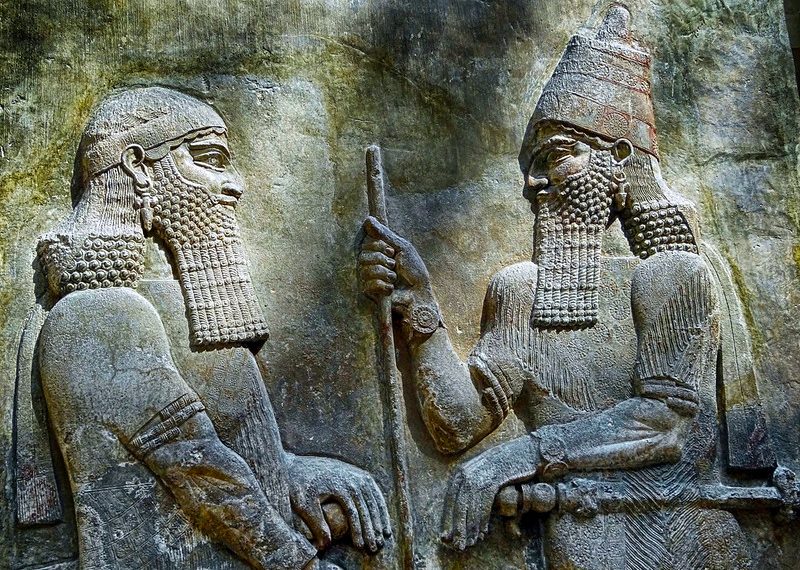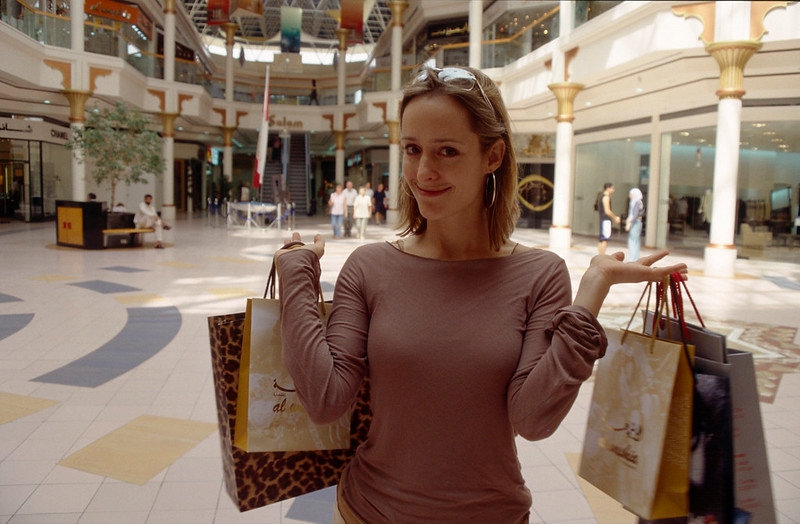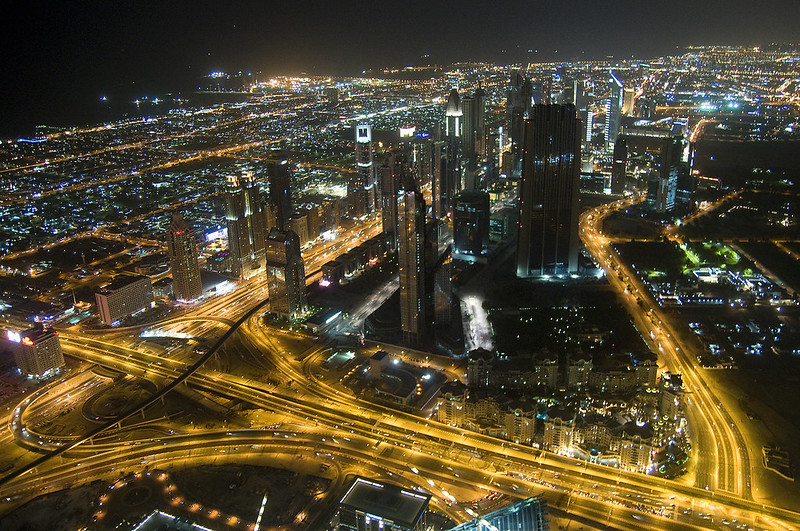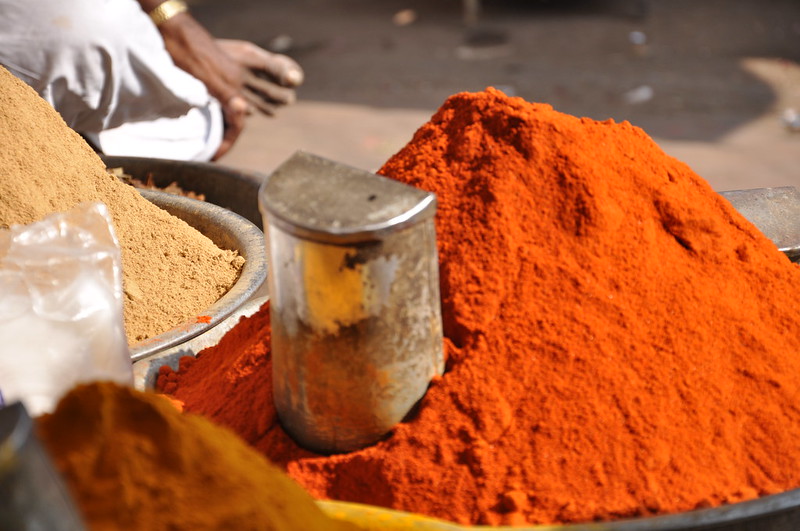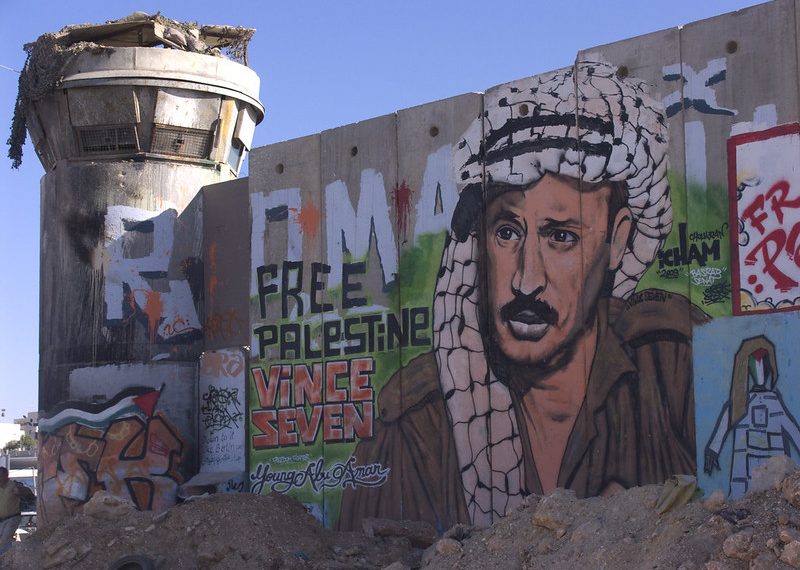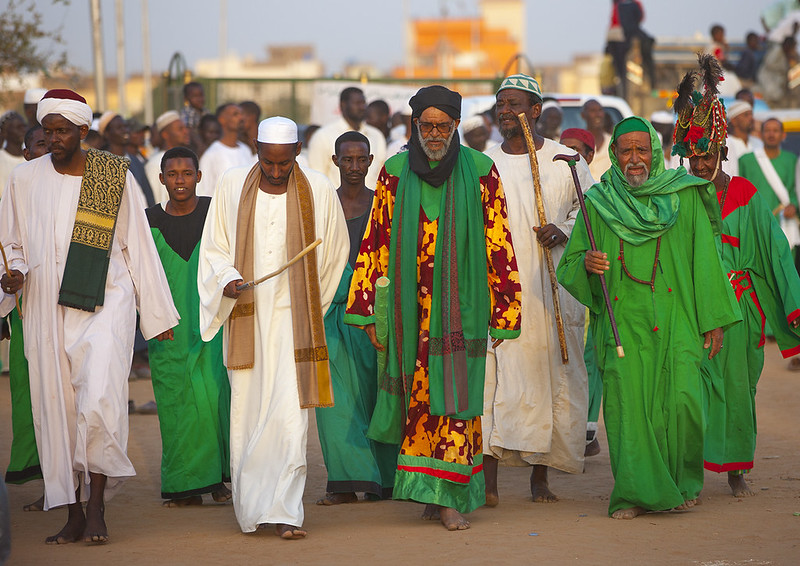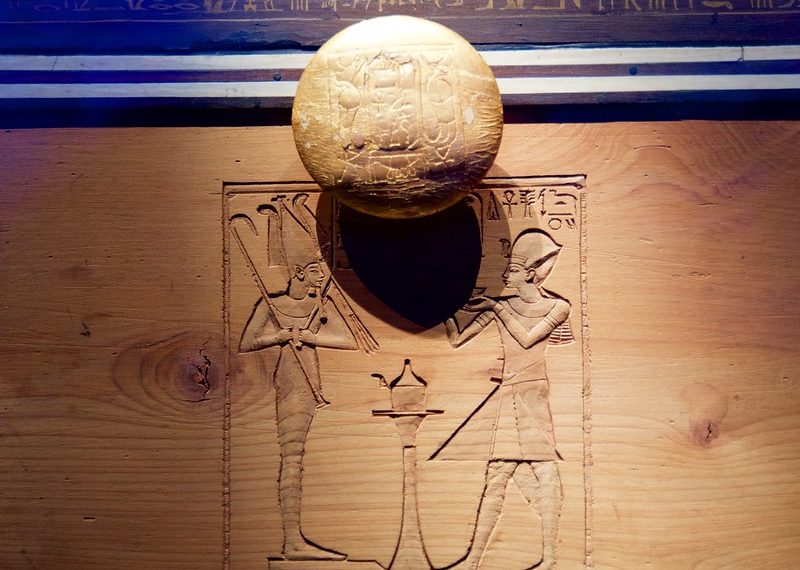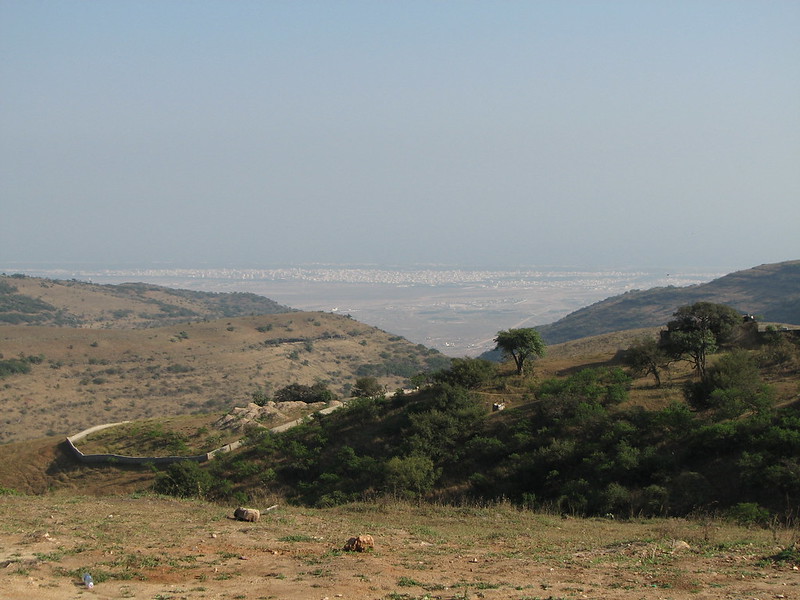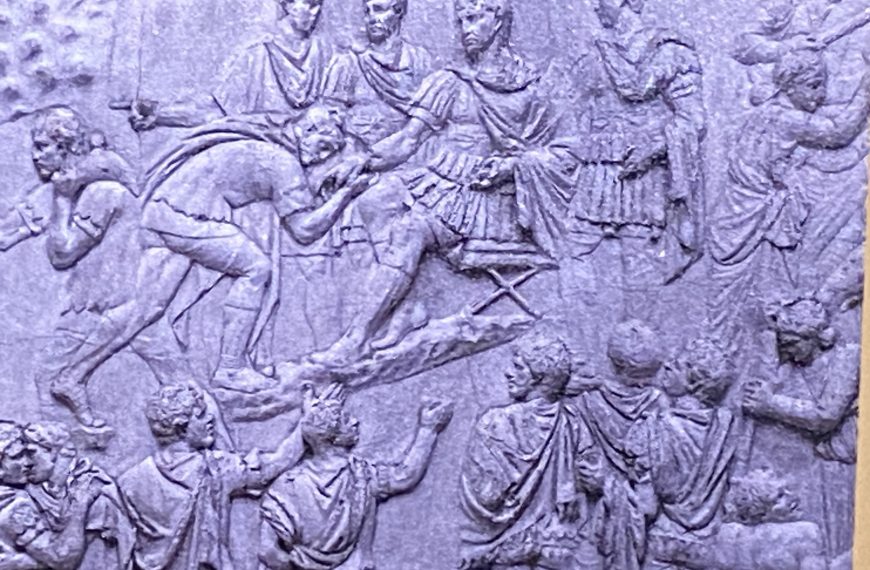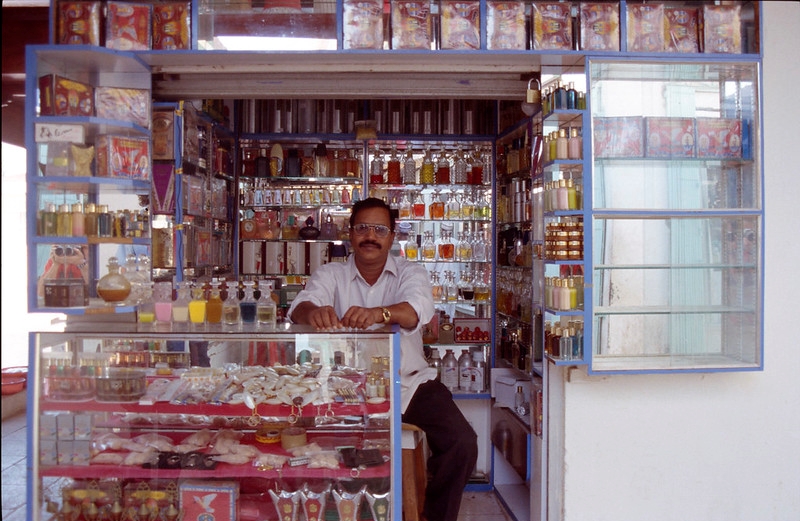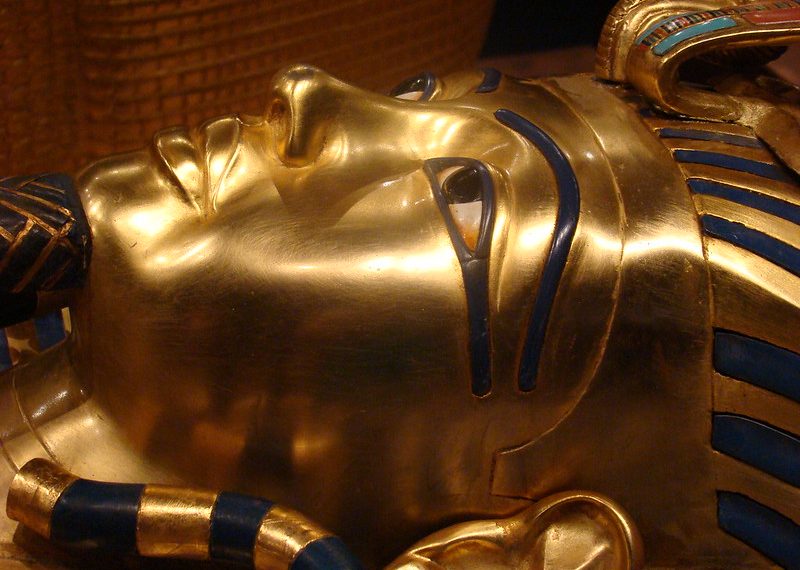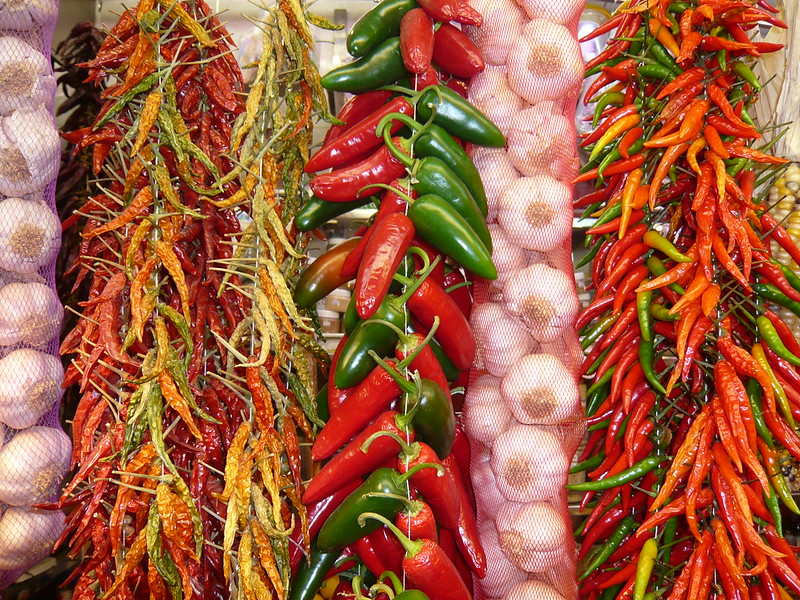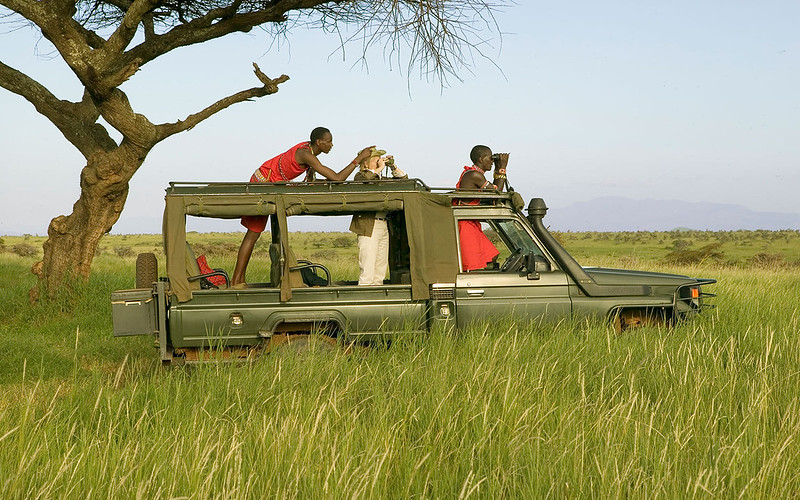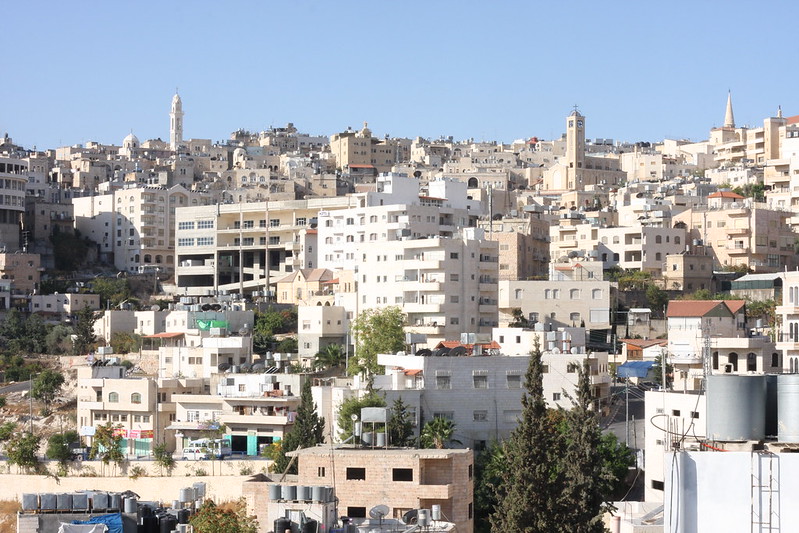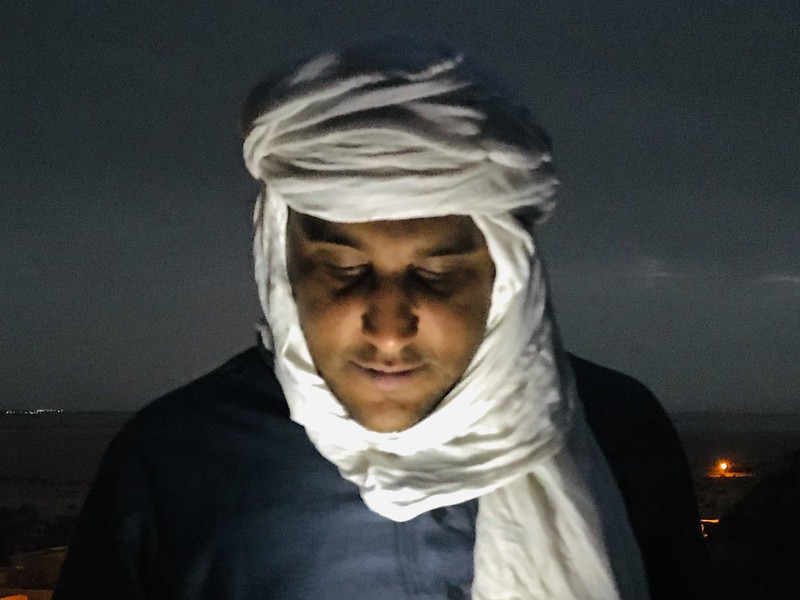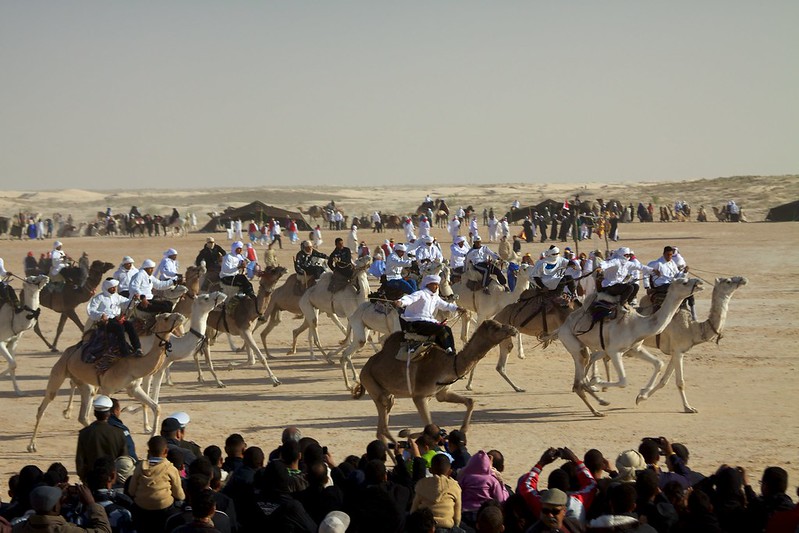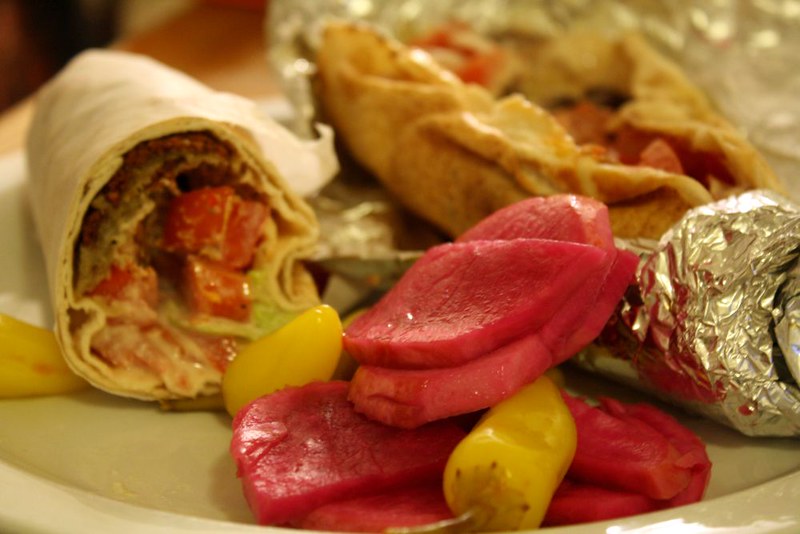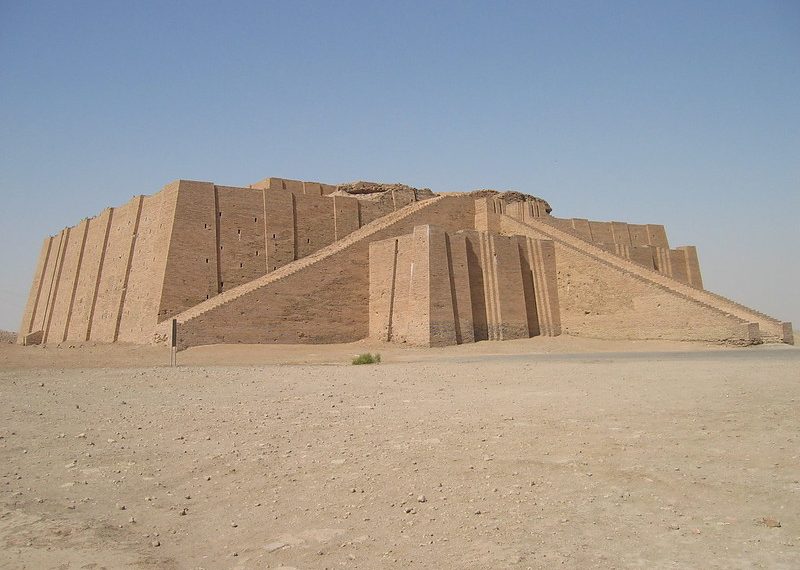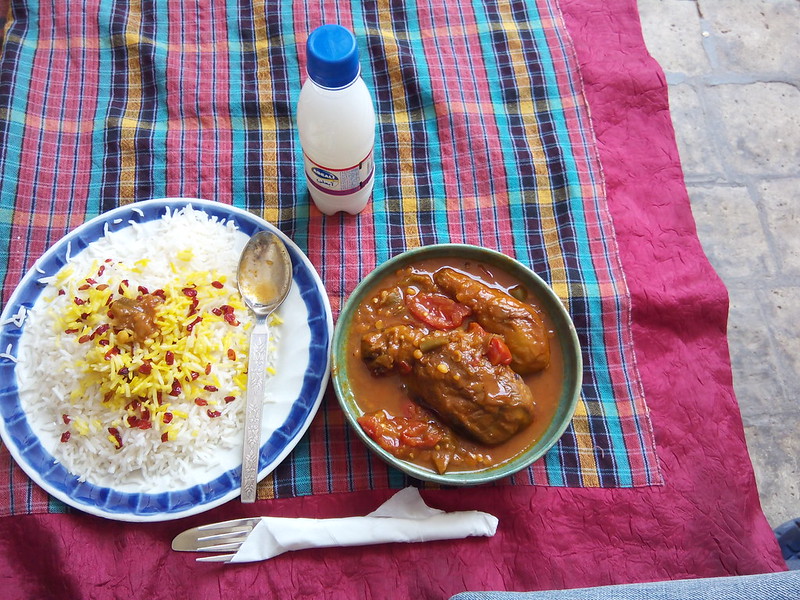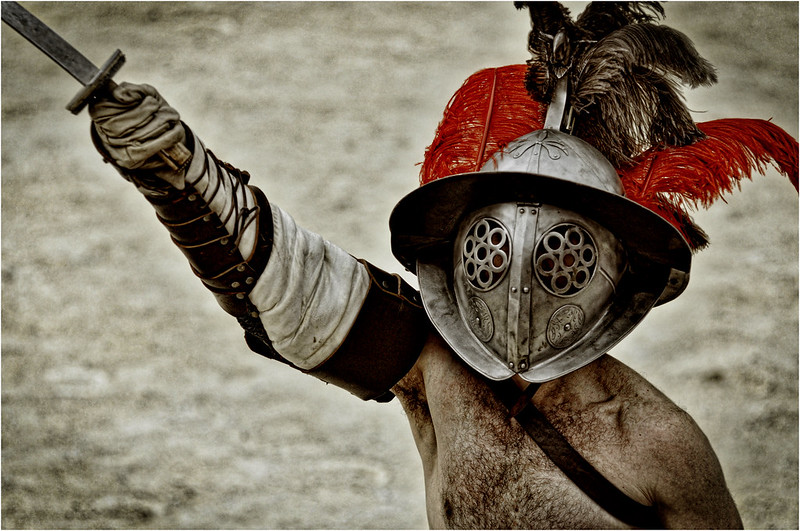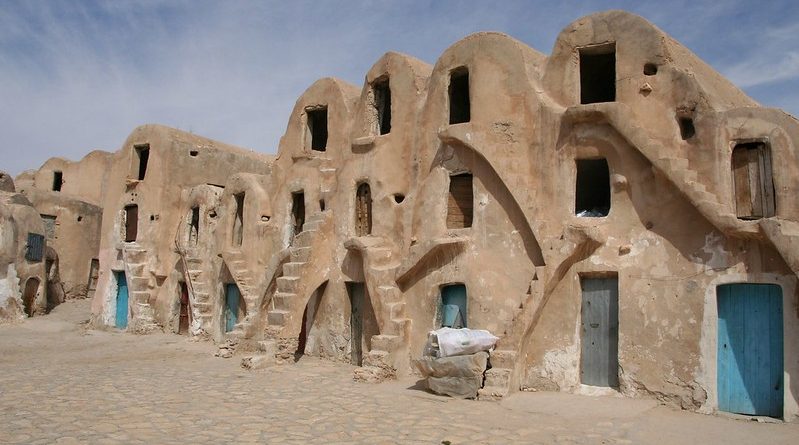
Tunisia
Although Tunisia is famous for its package deal holidays, big beaches and big hotels, off the beaten track a whole new world reveals itself. A country of contrasts, from the historic Roman Amphitheater of El Djem to the space age desert terrains of Matmata, Tunisia is a melting pot of cultures, people and landscapes. It is also a mixture of all cultures and religions; Judaism, Islam and Christianity of the Arab Berbers, Jews and Europeans.
Half the size of Italy with a mountainous north and flat south, Tunisia lies on the north coast of Africa dwarfed by neighbouring Libya and Algeria. It’s known for wonderful French food and wine, and the oasis that is the Sahara, the largest hot desert on earth. Much of the country is a fertile landscape of olive groves, sheep pastures and glorious beaches, but towards the south are sand dunes as far as the eye can see.
Read More
Tunisia has a typical Mediterranean climate: hot dry summers and mild wet winters, with occasional snow in the mountains. The further south you head, the hotter and drier it gets, with parts of the Sahara sometimes going for years without a drop of rain. In Tunisia dress modestly; for men and women, scanty dress is not outlawed but may attract unwanted attention and created a poor personal impression. One Tunisian Dinar = $1 or £0.75 Exchanges rates vary all the time, so check with your local currency exchange bureau. You can change your money in Tunisia, most major currencies except for the Australian Dollar are accepted. Don’t change too much in one go – it’s a non-convertible currency so you could end up severely out of pocket. Tunisia is not particularly cheap for visitors, the people have a high standard of living and it is one of the wealthier African countries. Expect to pay at least $10 a night for a basic single hotel room, and at least $30 a night overall for accommodation, travel and food. Tunisia is well catered for tourism with a range of hostels and up to five-star hotels, however Libya is not. Hotel accommodation can be expensive, around $100 US a night. Luckily, camping is recommended and acceptable. EU, USA and Canadian visitors need no Visa, although Australians and Kiwis may need to obtain one before travel. Tunisia is generally welcoming of travellers from most nations. Tunisia is a bilingual nation, with Arabic ruling the roost as an official language but nearly everyone here speaks French. English and German are taught in schools, but not so widely spoken socially. The majority of Tunisians, who outnumber Libyans 2 to 1 in a land one tenth of its size, are mainly Arab Berber. Like Libya, the youth outnumber adults causing many social and economic problems. There’s a very different ethnic mix here from other North African countries – with Phoenicians, Jews, Ottoman Turks and Spanish Muslims all adding to the ethnic melting pot. When in Tunisia, expect simple food, it’s not a country for gourmet and there are few restaurant, most of which will sell international cuisine. Alcohol is banned in public but can be taken privately in a home and acquired if you wish it. Favourite specialities include Lebi Lebi – A stew made with chick peas, egg, sea food and spices served in a ceramic bowl. It’s traditionally a poor man’s food but is now in fashion where it’s served in trendy nightclubs at 2 in the morning. A bowl will cost 70 cents and keep you going all day. Lekmi is a local brew made from fermented sap from the palm tree, and quite alcoholic. It is supposed to be one of the oldest forms of alcohol known to man. It is featured in the novel and film ‘The Beach’ as the travellers get drunk together for the last time in a terrible and sickly orgy. Tunisia has a well developed transport system, and everything is so close anyway which makes it easy to get around. Festivals and holidays put a big strain on public transport, so during August and September you may need to book in advance. There are daily buses several times a day between most major towns and most start from or pass through Tunis. The train network is limited but refreshingly reliable, which will be a welcome treat for British visitors. Long distance shared taxis called loages take 5 people and are pretty cheap if you’re travelling in a group. These distinctive station wagons with a roof-rack, red stripe and white signs are perfect for getting a lot of luggage around.Climate
Dress
Cash
Visas
Language
People
Food
Travel

